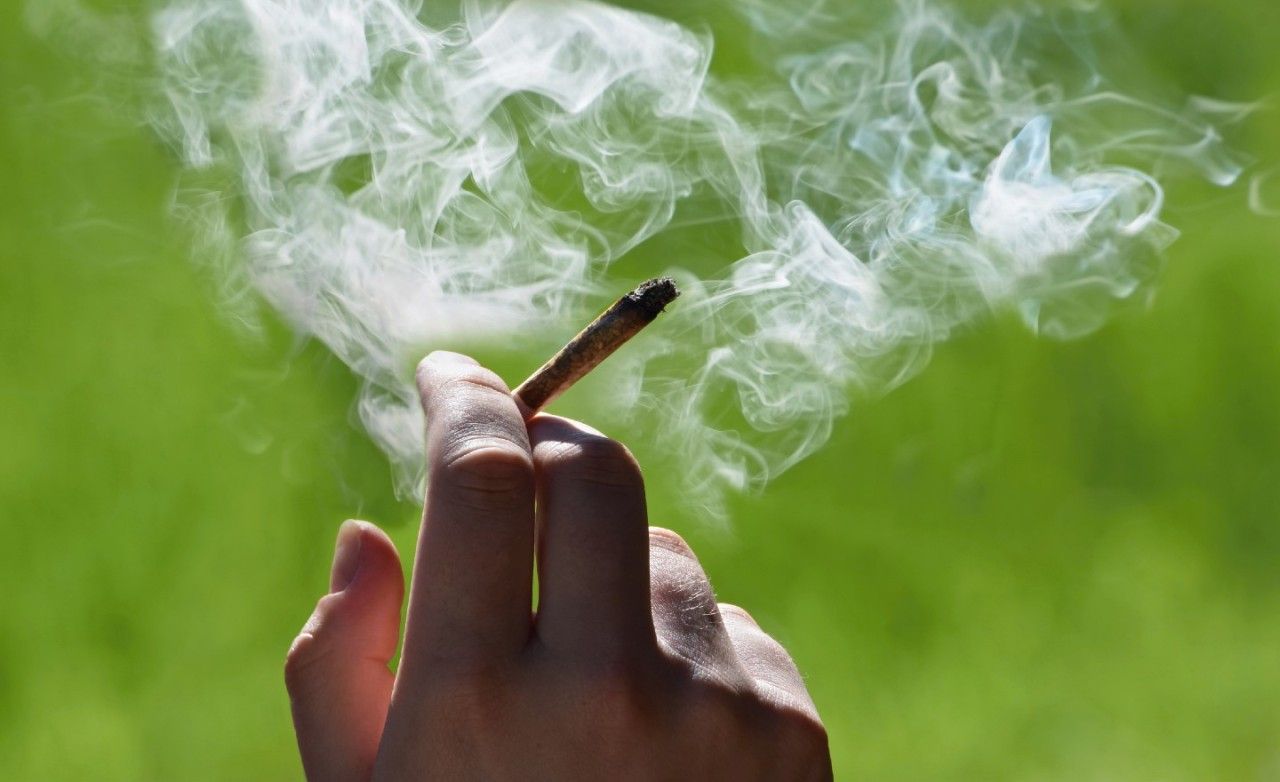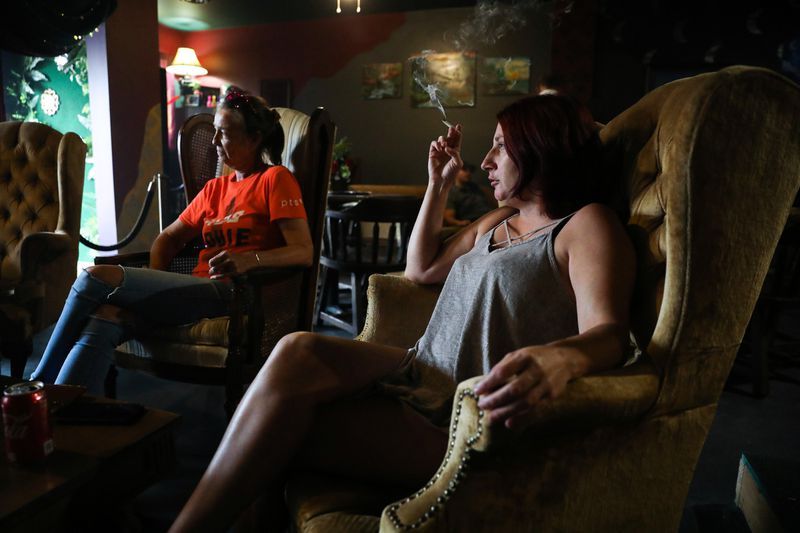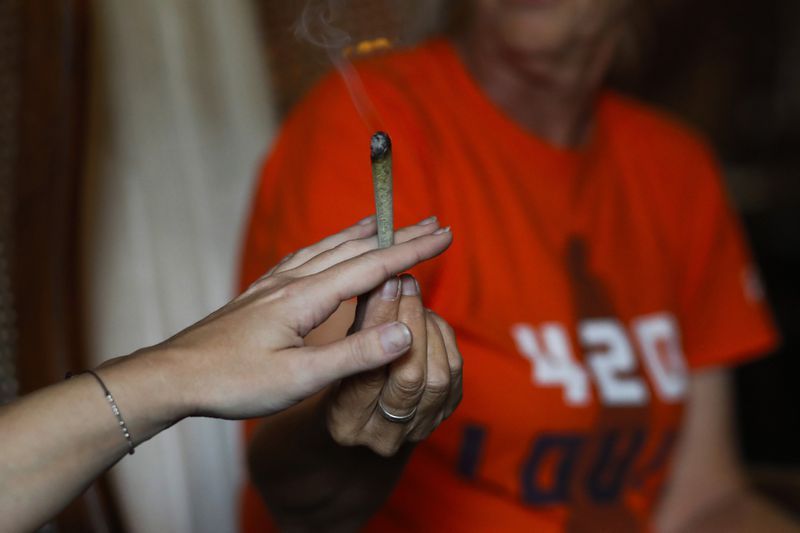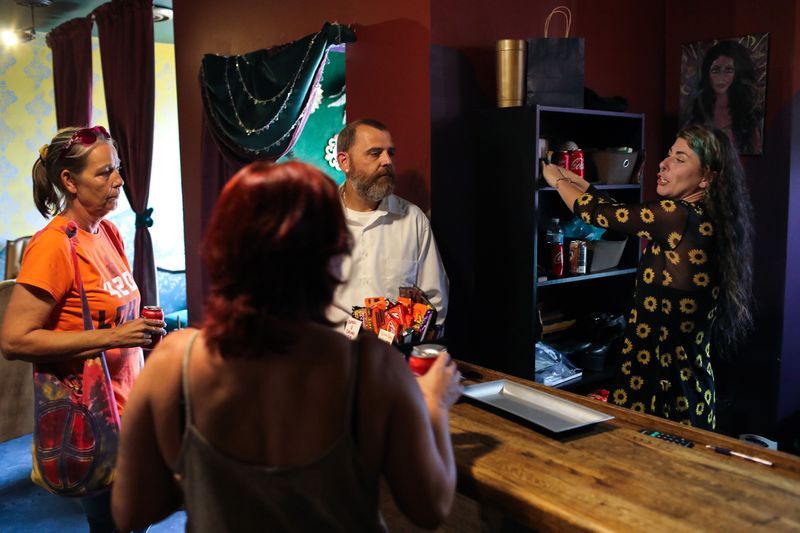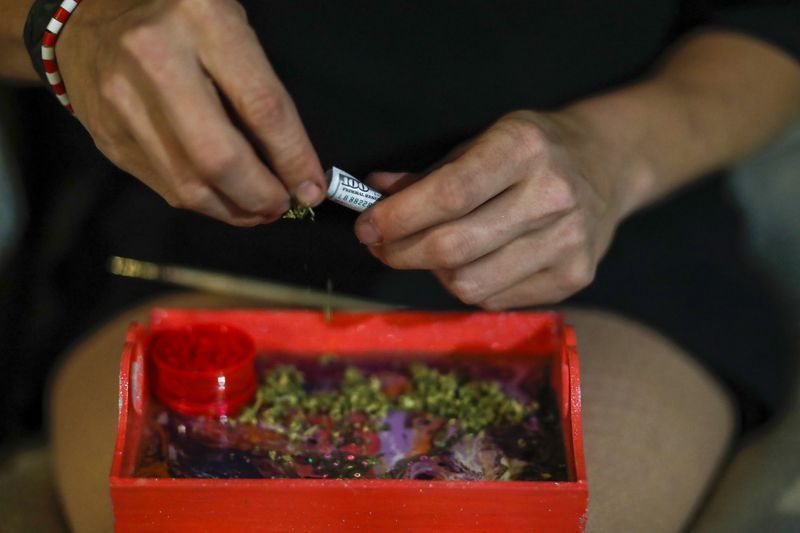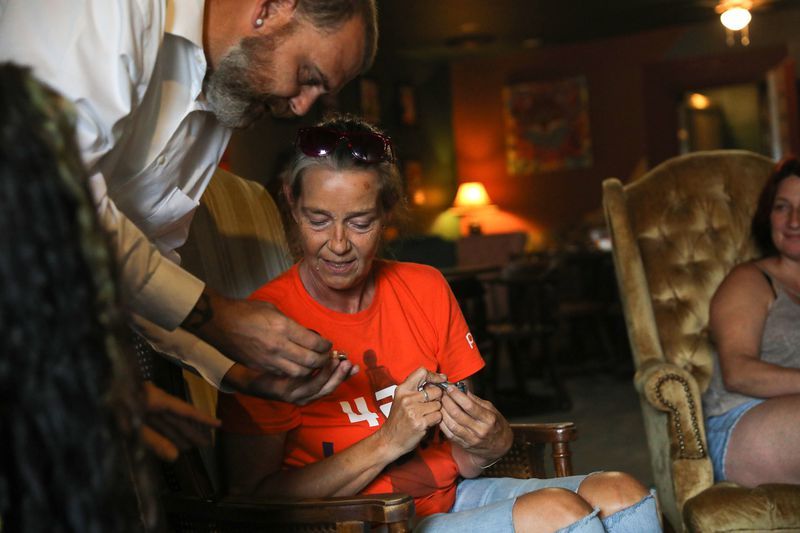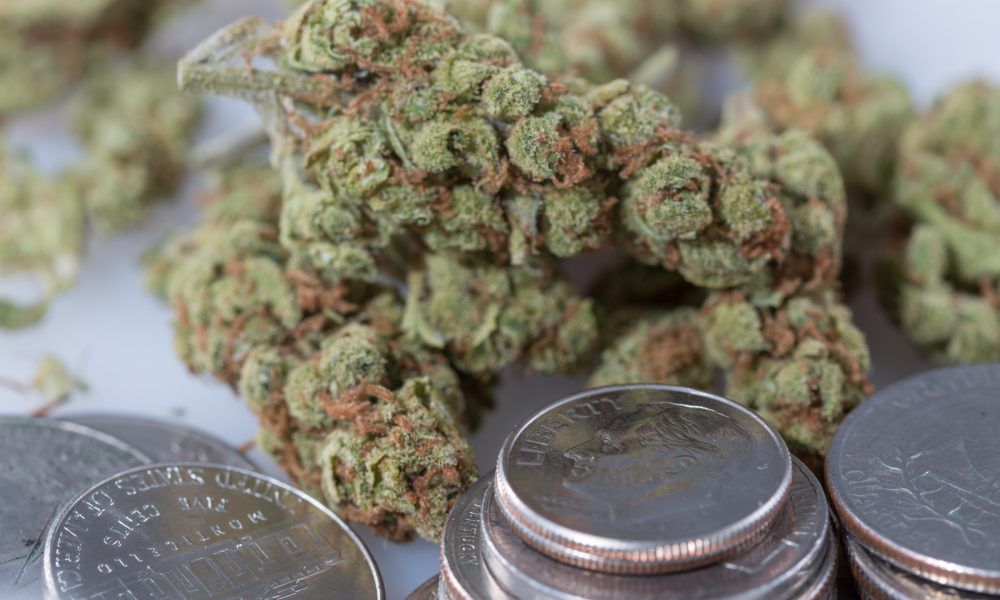Baron23
Well-Known Member
Illinois Considers Ethical Implications of Cannabis License Lottery
Illinois social justice advocates and cannabis applicants alike are speaking up, claiming that the lottery system used to determine cannabis license holders in the state does not give fair opportunities to marginalized groups looking for a seat at the table.
As it stands now, the lottery system would determine 75 winners at random for new licenses this year. Currently, state law gives additional points on applications from groups that qualify as social equity applicants, especially if they live in an area disproportionately affected by cannabis laws in the past or have past convictions. Those opposed to the lottery system claim it is not in line with this state law, as it does not take into account those applicants, and because so many equity applicants were already filtered out of the system.
“We are under the weather from this oppressive system, this rigged system, in which the state representatives and the state senators were lied to,” former state Sen. Rickey Hendon, D-5th, said, claiming he feels this system will help keep people of color and other minorities out of the cannabis industry and contribute to the disparities that currently exist.
Part of the frustration stems from the fact that, while more than 700 different groups applied for licenses this time around, only 21 social equity groups are advancing to the lottery round to be considered for business licenses. According to the accounting firm KPMG, those are the groups that received perfect scores on their applications. Thus, many applicants are suspicious about what happened and what was wrong with their application.
“The implementation of this law does not seem to meet the true social equity results the General Assembly intended when we passed this bill. We believe the administration should have an opportunity to explain what happened and what is being done to fix the situation,” State Reps. La Shawn Ford, D-8th, and Kathleen Willis, D-77th wrote in a letter to Governor J.B. Pritzker asking him to rethink the lottery system.
“We’re here to address the orchestrated injustice of the scoring process and call on the IDFPR and our Governor Pritzker to make the scoring process fair and transparent,” said Marc Pullins, a black man who was applying for three licneses with Lori’s Leads. He is currently working on filing an injunction that would put a hold on the lottery, as he feels he was unfairly passed over for a chance to get a license.
“Despite recent press releases from people connected to the state and some of the applicants selected [saying] social equity played a significant role in determining the winners, well it didn’t,” Pullins added.
There have been rumors that the lottery would be held Wednesday, but Prizker’s office claimed that wasn’t the case, yet still maintained that it would happen this month. It remains to be seen whether or not these attempts to stop the lottery will be successful, but it is clear that people in Illinois aren’t happy with the system as it is and want change to come.
Illinois social justice advocates and cannabis applicants alike are speaking up, claiming that the lottery system used to determine cannabis license holders in the state does not give fair opportunities to marginalized groups looking for a seat at the table.
As it stands now, the lottery system would determine 75 winners at random for new licenses this year. Currently, state law gives additional points on applications from groups that qualify as social equity applicants, especially if they live in an area disproportionately affected by cannabis laws in the past or have past convictions. Those opposed to the lottery system claim it is not in line with this state law, as it does not take into account those applicants, and because so many equity applicants were already filtered out of the system.
“We are under the weather from this oppressive system, this rigged system, in which the state representatives and the state senators were lied to,” former state Sen. Rickey Hendon, D-5th, said, claiming he feels this system will help keep people of color and other minorities out of the cannabis industry and contribute to the disparities that currently exist.
Part of the frustration stems from the fact that, while more than 700 different groups applied for licenses this time around, only 21 social equity groups are advancing to the lottery round to be considered for business licenses. According to the accounting firm KPMG, those are the groups that received perfect scores on their applications. Thus, many applicants are suspicious about what happened and what was wrong with their application.
“The implementation of this law does not seem to meet the true social equity results the General Assembly intended when we passed this bill. We believe the administration should have an opportunity to explain what happened and what is being done to fix the situation,” State Reps. La Shawn Ford, D-8th, and Kathleen Willis, D-77th wrote in a letter to Governor J.B. Pritzker asking him to rethink the lottery system.
“We’re here to address the orchestrated injustice of the scoring process and call on the IDFPR and our Governor Pritzker to make the scoring process fair and transparent,” said Marc Pullins, a black man who was applying for three licneses with Lori’s Leads. He is currently working on filing an injunction that would put a hold on the lottery, as he feels he was unfairly passed over for a chance to get a license.
“Despite recent press releases from people connected to the state and some of the applicants selected [saying] social equity played a significant role in determining the winners, well it didn’t,” Pullins added.
There have been rumors that the lottery would be held Wednesday, but Prizker’s office claimed that wasn’t the case, yet still maintained that it would happen this month. It remains to be seen whether or not these attempts to stop the lottery will be successful, but it is clear that people in Illinois aren’t happy with the system as it is and want change to come.
